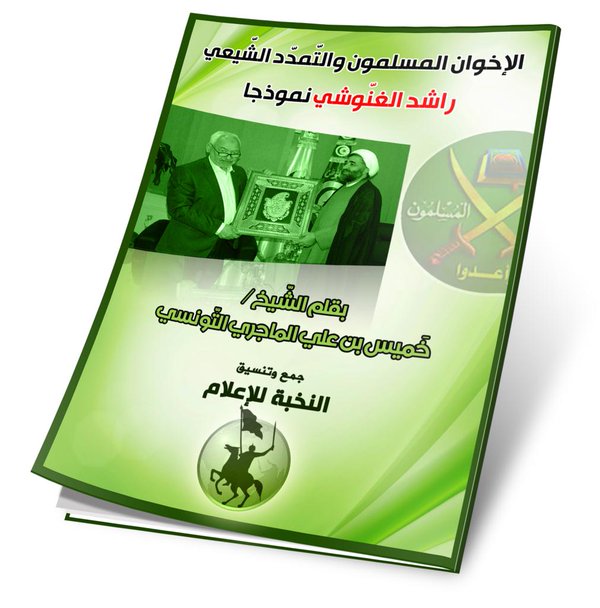
On July 25, President Qays Sa‘id of Tunisia dismissed Prime Minister Hisham al-Mishishi and suspended the activities of the Assembly of the Representatives of the People by invoking emergency powers under Article 80 of the Tunisian Constitution. The rationale was an out-of-control Covid crisis, continuing economic problems, and political dysfunction within the al-Nahdah-led parliament. Some analysts in the West have called Sa‘id’s maneuver an autogolpe, while many Tunisians locally, according to polling data, have backed Sa‘id’s move. It would not be a crisis, however, if the jihadi talking heads did not weigh in.
It is important to note that jihadi activity in Tunisia has been on a decline in recent years due to counterterrorism and military efforts locally against al-Qaeda (AQ) and the Islamic State (IS), as well as the waning fortunes of foreign fighting endeavors in Iraq, Libya, and Syria as IS lost territory. Nevertheless, it is worth considering the issue given the large-scale mobilization seen in Tunisia over the past decade, and since any form of instability is seen as an opportunity by the jihadi movement. Plus, what initially might appear as rhetoric, as was the case with jihadis speaking on the 2011 Tunisia uprising and having no part in it, could lead to a re-energized mobilization, in the same way that Ansar al-Sharia in Tunisia (AST) was able to take advantage of new conditions following the overthrow of former president Bin ‘Ali.
Click here to read the rest.




 During the last two years, Salafist activity has escalated in Tunisia. Much of this activity—primarily da`wa (religious outreach) designed to expand the Salafist movement—has taken place under the auspices of Ansar al-Shari`a in Tunisia (AST), headed by veteran jihadist Saifullah bin Hassine (also known as Abu Iyadh al-Tunisi).[1] A series of security incidents in and around Tunisia, however, have been attributed to al-Qa`ida in the Islamic Maghreb (AQIM), and more recently to an opaque group known as the Uqba ibn Nafi Brigade.[2] Regional security officials have described the Uqba ibn Nafi Brigade as an attempt to establish a Tunisian jihadist group linked to AQIM, one that purportedly combines local recruits from western Tunisia’s Kasserine area and some members of AST under the guidance and leadership of figures reputedly close to AQIM leader Abdelmalek Droukdel (also known as Abu Mus`ab al-Wadud).[3] Regional security officials, therefore, perceive the incidents on Tunisia’s border with Algeria beginning in late April 2013 as highlighting AQIM’s increased focus on Tunisia.
This article analyzes how AQIM, viewing events in Tunisia through its strategic lens, has responded to that country’s revolution. It finds that AQIM has tried to insert itself into AST’s relationship with the Tunisian state. AQIM has urged AST to be patient to prevent the Tunisian government from cracking down on its activities. At the same time, AQIM’s rhetoric toward the Tunisian state has become sharper, opening the possibility of an increase in AQIM-related violence in Tunisia.
Click
During the last two years, Salafist activity has escalated in Tunisia. Much of this activity—primarily da`wa (religious outreach) designed to expand the Salafist movement—has taken place under the auspices of Ansar al-Shari`a in Tunisia (AST), headed by veteran jihadist Saifullah bin Hassine (also known as Abu Iyadh al-Tunisi).[1] A series of security incidents in and around Tunisia, however, have been attributed to al-Qa`ida in the Islamic Maghreb (AQIM), and more recently to an opaque group known as the Uqba ibn Nafi Brigade.[2] Regional security officials have described the Uqba ibn Nafi Brigade as an attempt to establish a Tunisian jihadist group linked to AQIM, one that purportedly combines local recruits from western Tunisia’s Kasserine area and some members of AST under the guidance and leadership of figures reputedly close to AQIM leader Abdelmalek Droukdel (also known as Abu Mus`ab al-Wadud).[3] Regional security officials, therefore, perceive the incidents on Tunisia’s border with Algeria beginning in late April 2013 as highlighting AQIM’s increased focus on Tunisia.
This article analyzes how AQIM, viewing events in Tunisia through its strategic lens, has responded to that country’s revolution. It finds that AQIM has tried to insert itself into AST’s relationship with the Tunisian state. AQIM has urged AST to be patient to prevent the Tunisian government from cracking down on its activities. At the same time, AQIM’s rhetoric toward the Tunisian state has become sharper, opening the possibility of an increase in AQIM-related violence in Tunisia.
Click 
